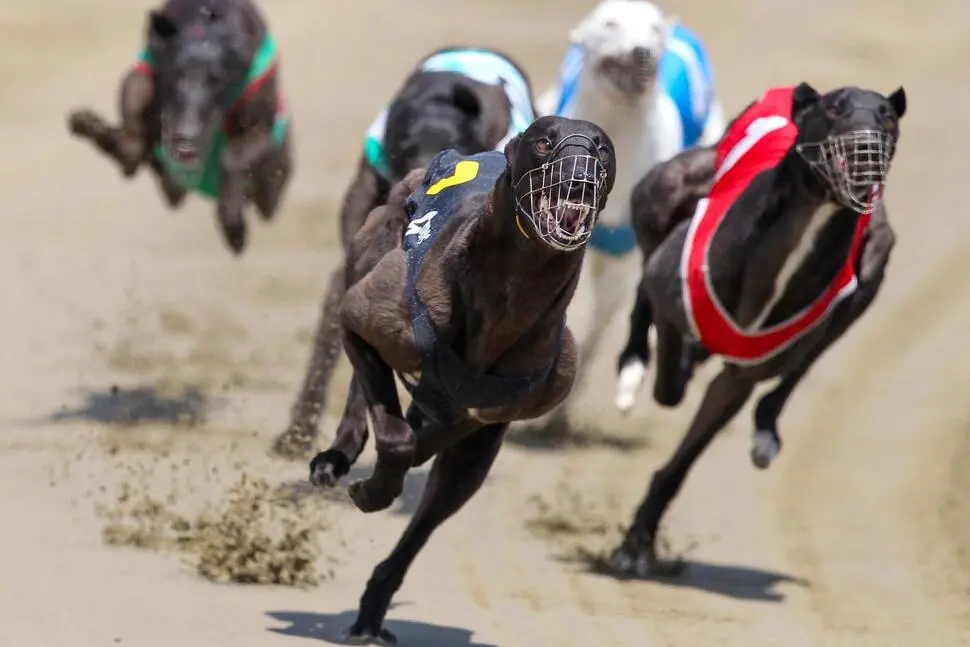New Zealand is set to ban greyhound racing by August 1, 2026, citing persistent animal welfare concerns, the government announced Tuesday. The decision, supported by all political parties, follows years of scrutiny over the sport’s impact on dogs, including injuries and euthanasia.
Decline of Greyhound Racing
Once a popular betting sport, greyhound racing has faced mounting criticism globally due to the high rates of injuries and difficulty in rehoming retired dogs. New Zealand’s move reflects a global trend, with only two operational tracks left in the U.S. and ongoing campaigns against the sport in Australia, the U.K., and Ireland.
Animal Welfare Concerns
Despite reforms in New Zealand, including stricter euthanasia policies and improved rehoming programs, Racing Minister Winston Peters stated that the industry had not done enough to ensure dog safety. “The time has come to make a call in the best interest of the animals,” Peters said. Injuries among racing dogs remain persistently high, prompting the government’s decision.
Mixed Reactions
The animal welfare organization SPCA praised the ban as a compassionate step to end a dangerous gambling industry. However, Greyhound Racing New Zealand, an industry group, criticized the decision, arguing that significant improvements had been made, including lifelong tracking of retired dogs.
Transition Period
The ban will give time for rehoming 2,900 racing dogs and helping over 1,000 industry workers transition to new jobs. Additionally, the government has passed a law preventing dogs from being euthanized for economic reasons during the wind-down period.
Global Context
Greyhound racing continues to decline worldwide. In the U.S., the sport’s popularity peaked in the 1980s, but most states have since banned it. Australia, the U.K., and Ireland still operate commercial tracks, although criticism is widespread. Scotland is currently considering a ban, and tracks in Mexico and Vietnam are no longer operational.
New Zealand’s decision marks a significant milestone in animal welfare and could further signal the global decline of greyhound racing.
